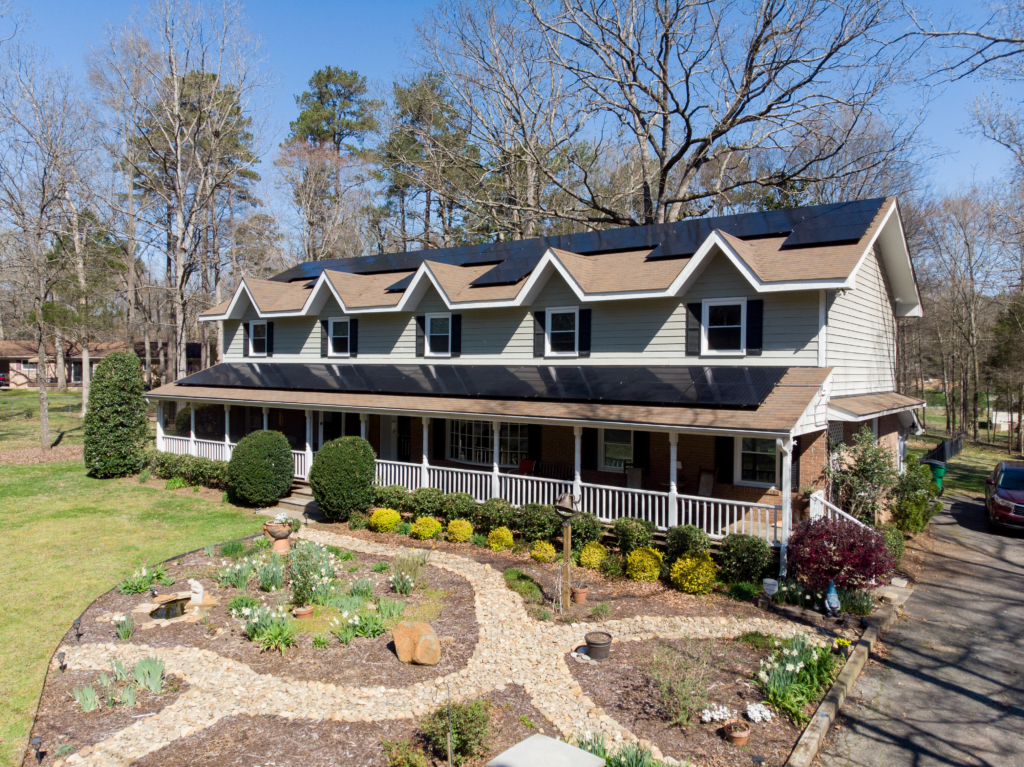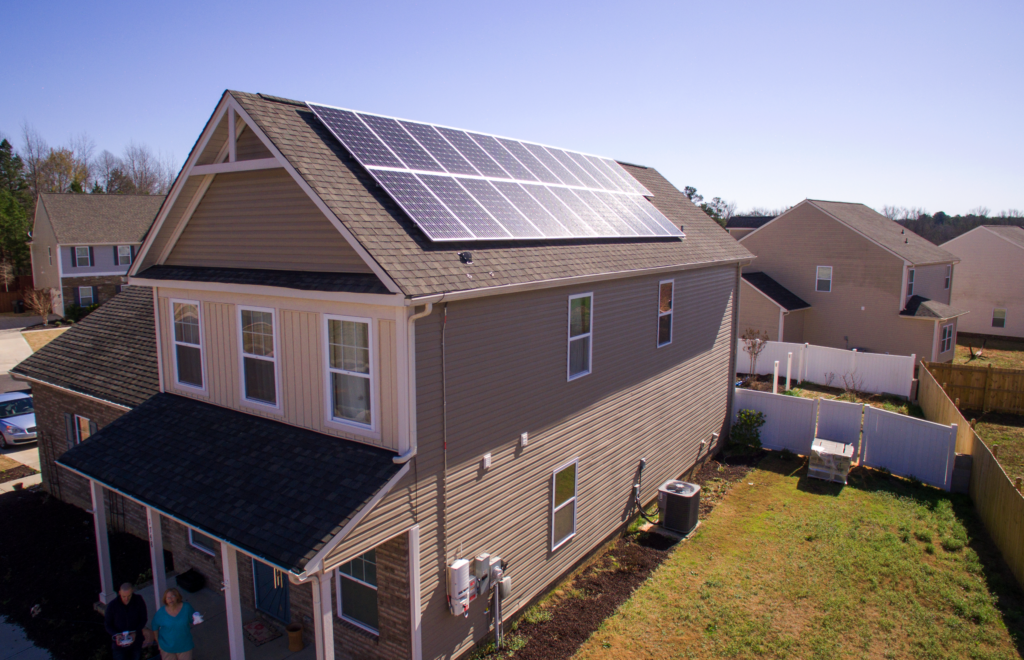Solar Energy Pros and Cons
Awesome Solar CTA. Really Amazing…
What are the Solar Energy Pros and Cons?
If you’re considering converting your home or business, you may be weighing the solar energy pros and cons. Is it right for you? What will you gain from it? Will you save money? As solar pros ourselves – professionals, that is – we’ve seen a thing or two since our company was established in 2010 and we’re happy to help you navigate the process.
Pros:
The benefits of solar are clear for the many thousands of residents in the Carolinas that use solar power:
- Take federal and South Carolina tax incentives if you qualify
- Leverage utility rebates if they are available in your area
- Protect your family budget or your business’ bottomline from rising utility rates
- Pair your solar with storage to backup your renewable energy and keep your lights on in an outage
- Re-commit to a sustainable lifestyle and make your home or business more green-friendly
- Dramatically reduce or eliminate your high electric bills
- Increase the value of your home, based on prominent studies published by the National Renewable Energy Laboratories
Cons:
You have probably been told to watch out for the downsides of a solar purchase, but some of what you’ve heard may be outdated or based on misconceptions, so here is a summary of some perceived pitfalls of solar and what you need to know:
- The upfront cost of solar – The adage that “There’s no such thing as a free lunch” is still true, but that doesn’t mean solar is out of your reach. Financing tools and innovative methods of applying the tax incentives and rebates can help solve the upfront cost issue.
- Roof penetrations – To avoid issues with your roof, it’s critical to choose an experienced installer, which will prevent any negatives associated with your roof. Are you due for a roof replacement anyway? Discuss it with your solar rep and you may be surprised at the benefits of coinciding your solar with a new roof.
- Not all utilities pay the customer back full retail value for any excess solar energy they produce. Wondering how your utility treats solar? We can help you pinpoint your solar crediting rate and drill down into your solar economics with you.
To learn more about solar energy pros and cons, or if you’re ready to convert today, contact Renu Energy Solutions for a free consultation!

Frequently Asked Questions About Solar Energy Systems:
How exactly does going solar and a solar system itself work?
How many solar panels do I need for my home?
Roof-size/available space: When we look at the size of your roof and the space available, we gather data that tell us the maximum number of solar panels your home or site can hold and we even consider shading. We use a software “Suneye” which takes a 360 picture of your roof and we use this photo to determine if your home is a good candidate for solar.
Energy Usage: When we determine energy usage we look at your past electrical bills from over the course of a year to make sure your system isn’t too big or too small.
Your Budget: We take your budget seriously and most importantly, we want you to be satisfied with our services. We take your feedback on how much you want to spend so that we can size your system appropriately.
What is solar net-metering?
Does Duke Energy offer net-metering?
Curious about the cost of a home solar system?
PV Solar System
Our PV Solar Systems are really, really great and they are priced perfectly and will immediately and fundamentally improve the quality of your life.
Energy Storage
Our PV Solar Systems are really, really great and they are priced perfectly and will immediately and fundamentally improve the quality of your life.
EV Chargers
Our PV Solar Systems are really, really great and they are priced perfectly and will immediately and fundamentally improve the quality of your life.

